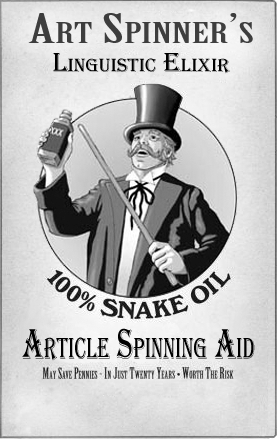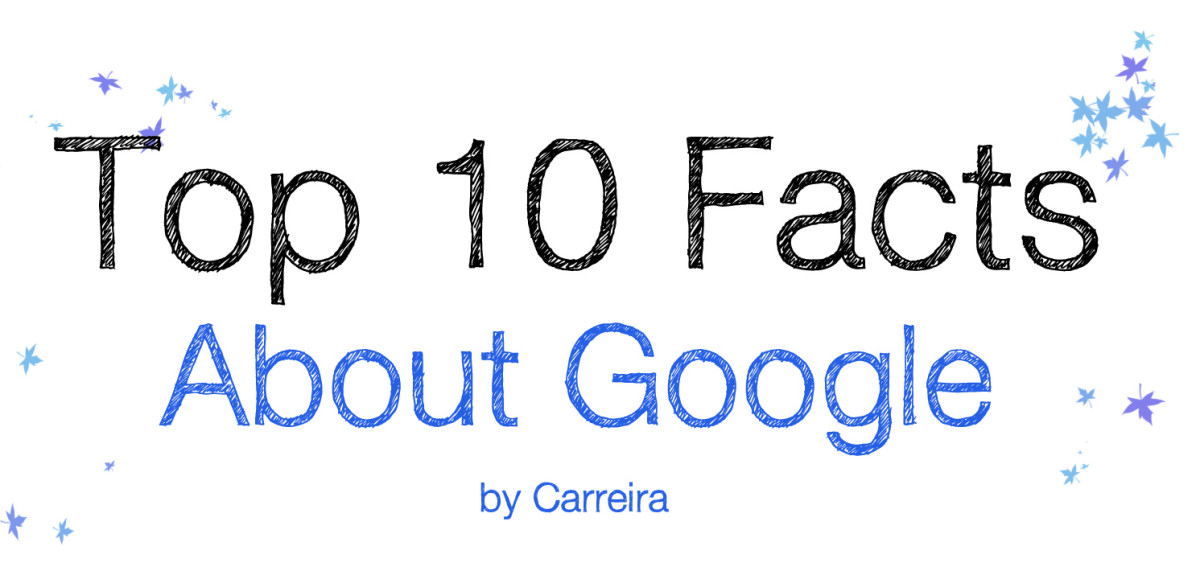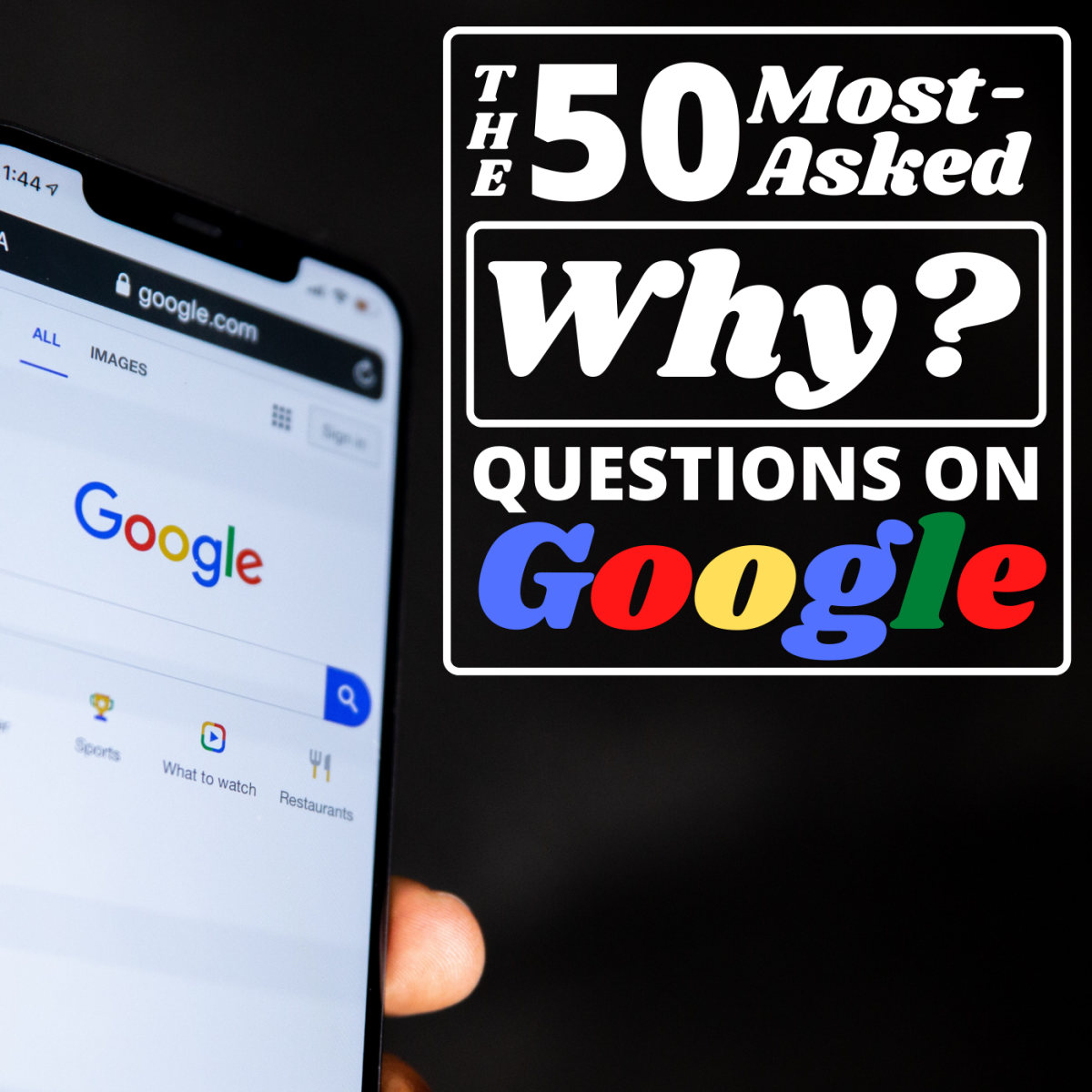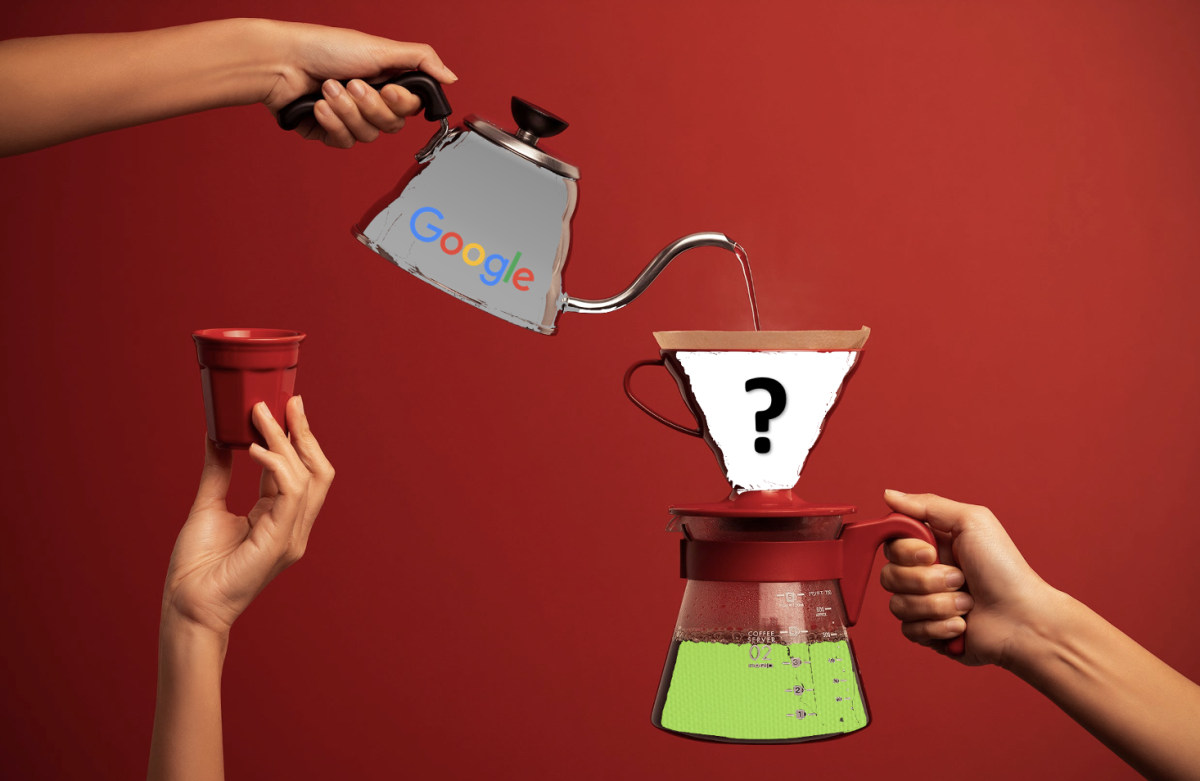How To Protect Your Hubs Against Spinners, Spammers and Plagiarists

Article Spinning is a Black Hat SEO process used to create link spam. Article Spinning Software creates variations of an existing article by using semi automated software to paraphrase the original. The software allows spammers and plagiarists to cover up their tracks by substituting words with suitable synonyms and altering, phrases, sentences or entire paragraphs to hide the original source and to dupe search engine duplicate content filters.
There are literally thousands of websites where articles can be syndicated. However, to protect themselves, and the quality of the content they provide, some of these directories including ezinearticles.com will not allow articles that advocate article spinning. It’s a pity more sites don’t take a similar stance. Any directory that exercises the most basic level of editorial control will turn away articles that simply use automated synonym substitution. We have all seen this type of article which is typically complete gibberish with a few keywords and links thrown in.
Over time article spinning software has become more sophisticated, it is possible with a bit of work to produce articles that are capable of being accepted by article directories. Creating and syndicating articles that at first glance appear to be unique gives spinners, spammers and plagiarists access to thousands of websites that can easily be spammed.
How Article Spinners, Spammers and Plagiarists Steal Your Money
Technique 1 - Prior to indexing a page for the first time search engines have no idea what the page is about so there is no advantage given to spun content over unique content. How long it takes an article to be indexed depends on multiple factors, including how often new content is added to a site and how authoritative the site hosting the article is deemed by search engines. Authority sites like HubPages where fresh content is added regularly are a magnet for search engine spiders. At the time of writing this article HubPages has 3,190,000 pages indexed by Google, yet new hubs are indexed and often appear highly ranked on Google within an hour or so of being posted.
This can play into the hands of article spinners who plagiarize content. If you have posted content to a site that is spidered less frequently than HubPages, perhaps your own blog, it offers spammers an opportunity to copy and spin your content and upload it to a site like HubPages so that it gets indexed before yours. If this happens there is a chance that your page, because it gets indexed last, will be seen as the duplicate and filtered out of the results.
Technique 2 - Host crowding filters allow a maximum of two pages to be returned from any website in response to a users query. These pages might be grouped together on the same results page or they might be pages apart. You can check how many pages targeting ‘Article Spinning’ are on HubPages by using Google’s advanced site: operator.
Article Spinning site:hubpages.com
At the time of writing this page the above search returns 1280 results which are listed in order of relevance. If any new page targeting “Article Spinning” is to have any chance of appearing in Google’s main results it first needs to be ranked amongst the top two of these results. 1280 pages might represent a fair bit of competition, however it’s not the number of pages that matters it’s how well they are optimized.
The ability of article spinning software to create hundreds of pages and links that point to them makes it relatively easy to push legitimate pages into this filter only to be replaced with low quality spun content.
Protect Yourself
Register your RSS feed with FairShare. This free service free enables webmasters and authors to claim their work and reports where copies are discovered and how it’s being used.
Google Alerts is one of the best tools for identifying plagiarism. It enables Webmasters and authors to easily detect unauthorized copies of their work and receive timely alerts when copies are discovered online.
Copyscape is free and probably the best known website for finding plagiarized copies of your content online. Copyscape also offer two premium solutions to guard against content theft and content fraud.
Maxpower Wordpress Plugin helps blog owners protect their content against unauthorized publication on splogs.
How to Stop Plagiarism Cold: more guidelines on how to beat plagiarism.
Stock Letters from Plagiarism Today. Templates copies of a Cease and Desist Letter, DMCA Notice to Host and DMCA Notice to Host.
Taking a little time to protect your Hubs can help increase your earnings at the expense of the Spinners, Spammers and Plagiarists who are stealing and pilaging your content to make themselves rich.
Related Reading
Why Article Spinning Is A Complete Waste Of Time








